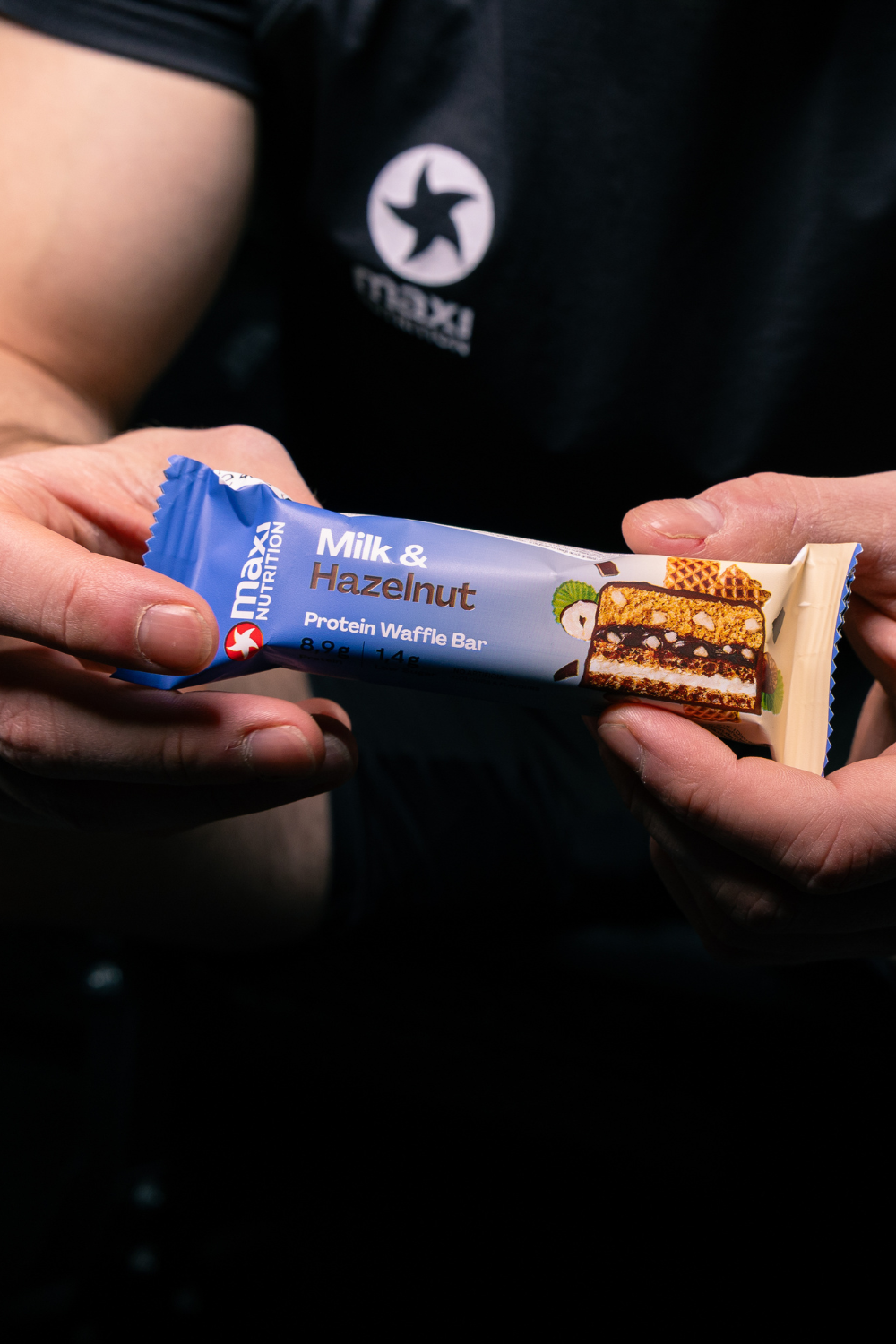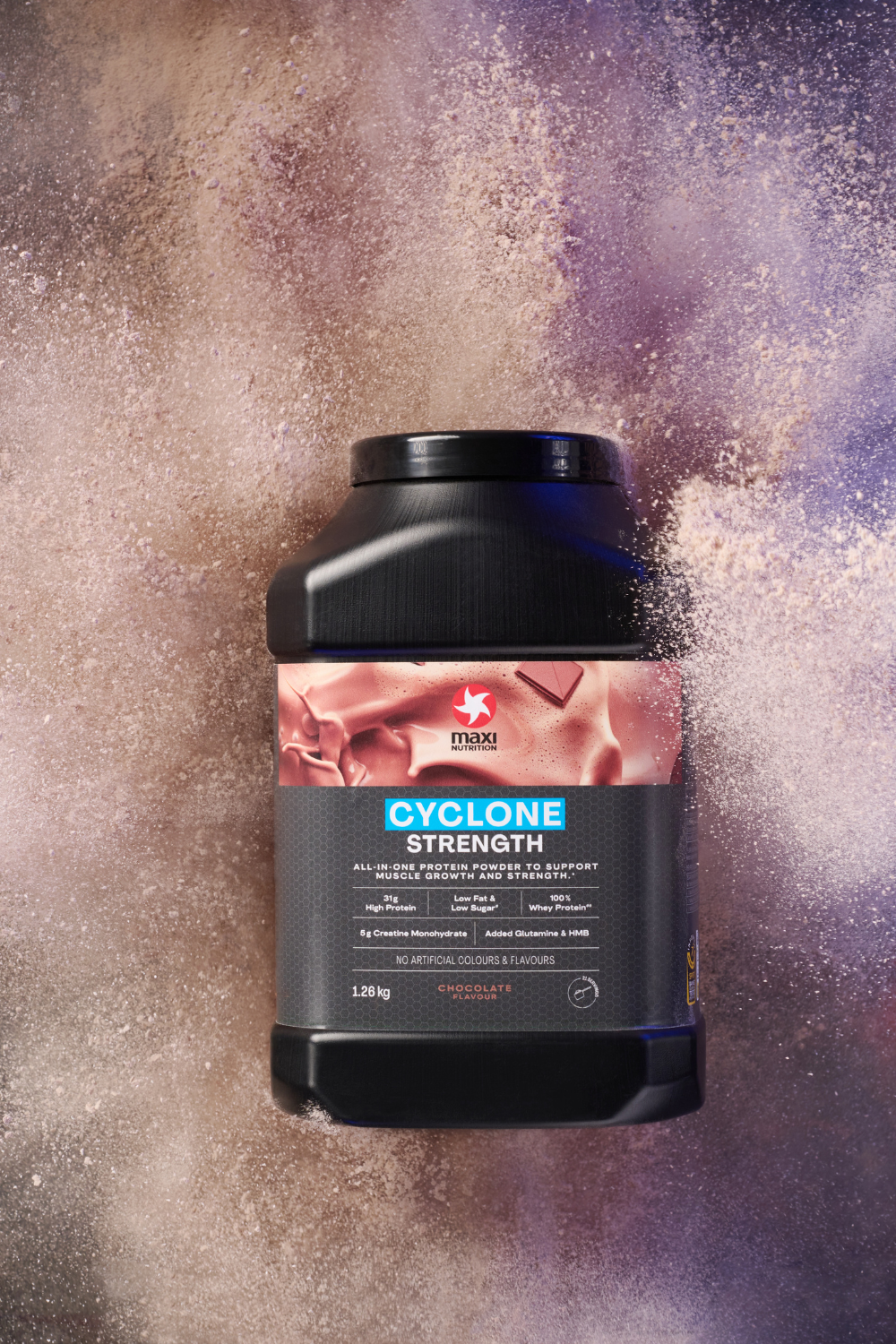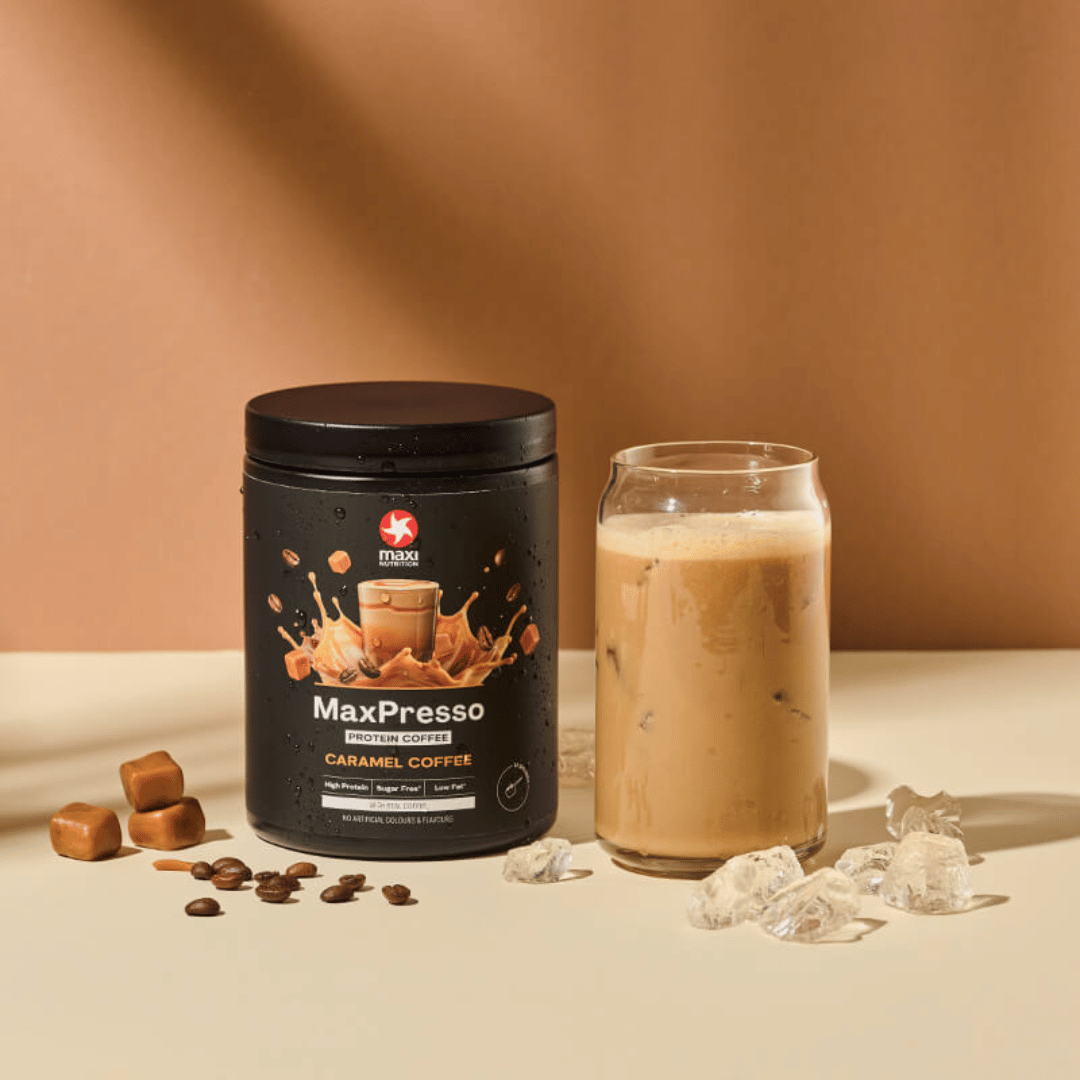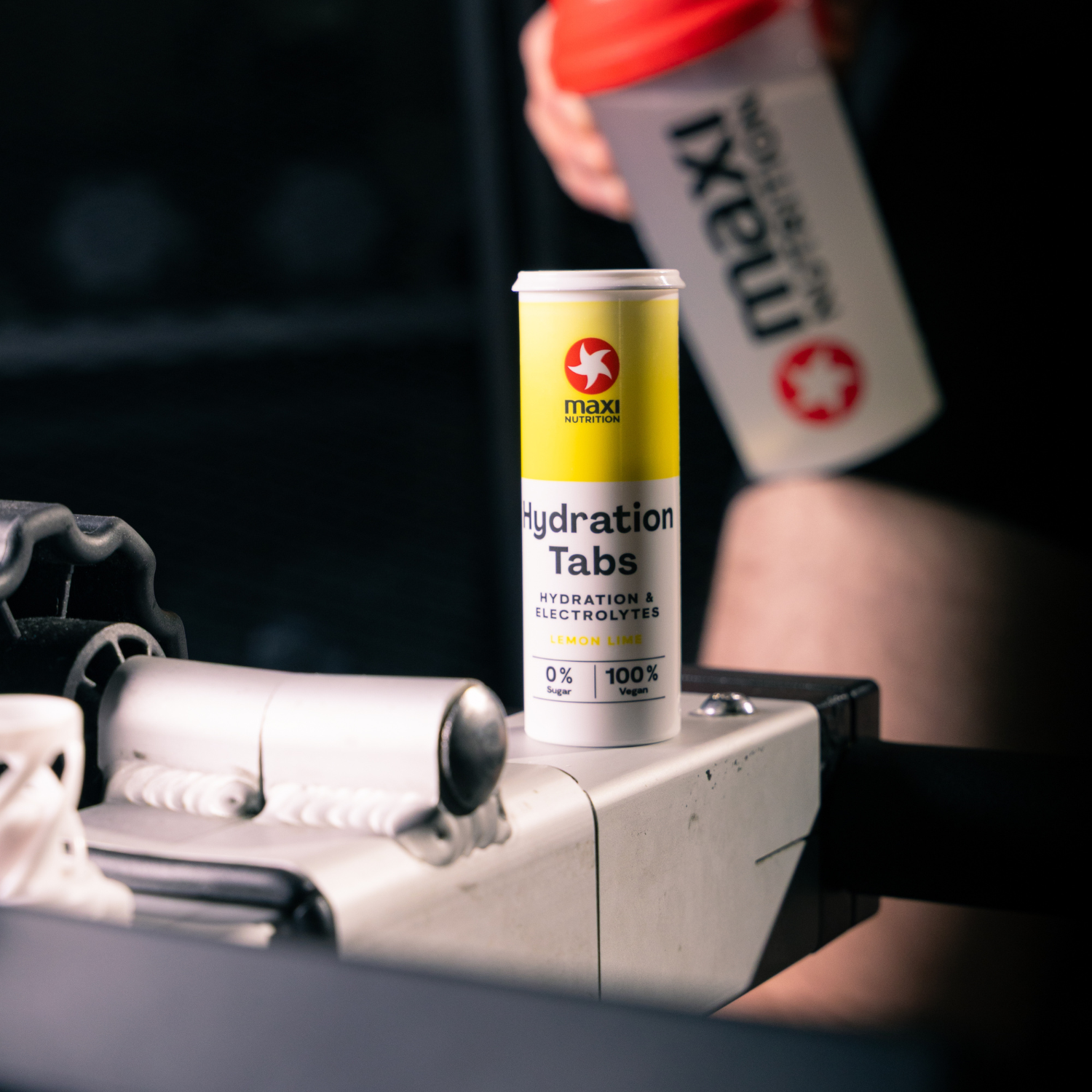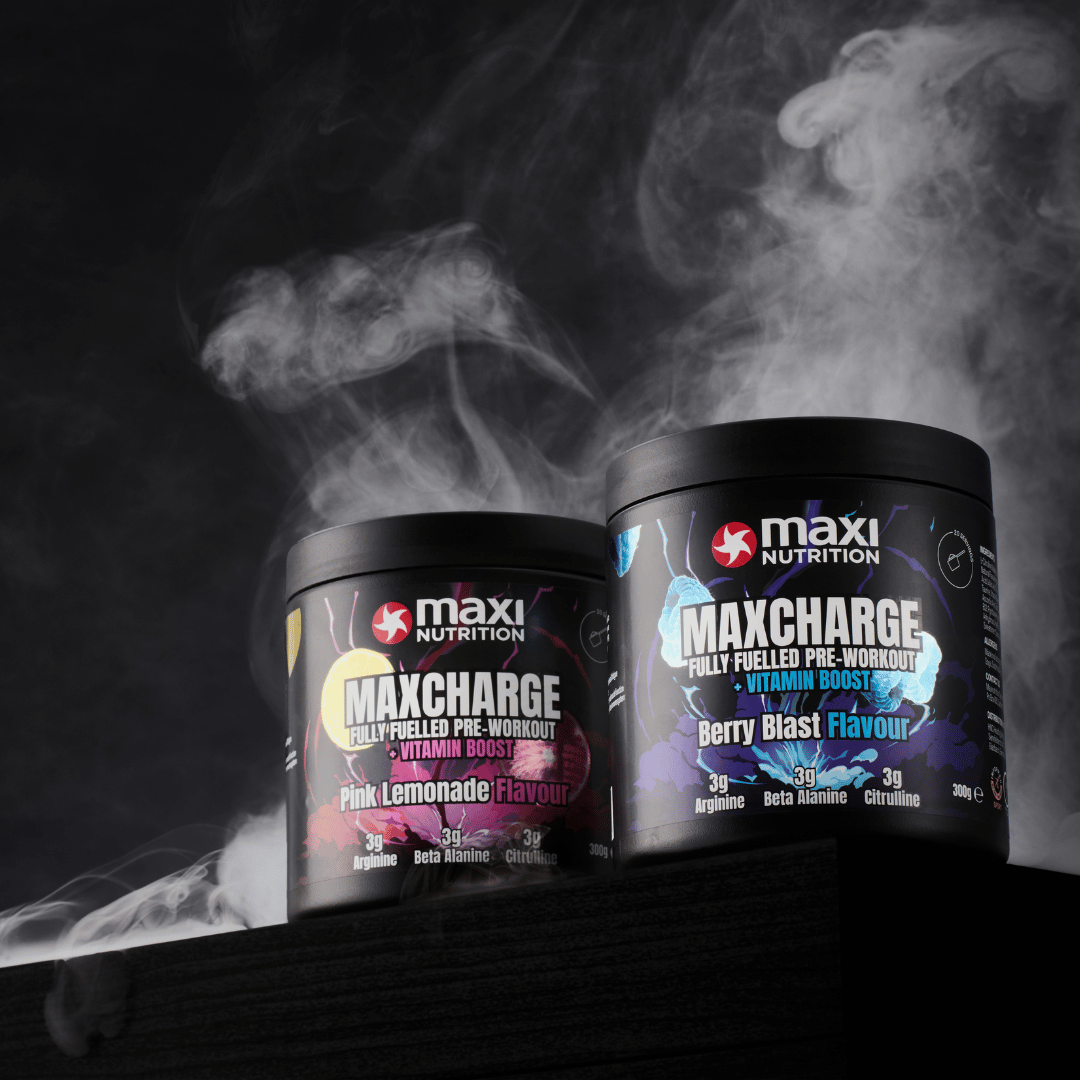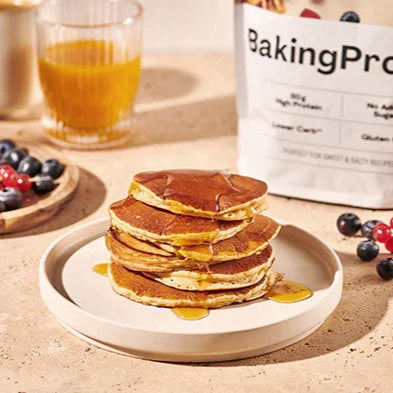As reported by the NHS, approximately 40% of the population suffer with at least one digestive problem at any one time. There is of course lots of potential digestive issues, but a healthy gut could be the key to a healthy lifestyle and achieving your training goals. One of the most common issues that people often suffer with is bloating, that irritable stuffed feeling, a stretched stomach and trapped wind. But what is the cause and more importantly, what can you do about it?
An Apple a Day Keeps the Doctor Away
One possible explanation could be why so many have started to avoid fruit? An apple a day keeps the doctor away! Or so they say, but for some, eating apples and other fruits causes painful trapped wind and bloating. It isn’t so much the fruit, but more likely the fructose, the sugar naturally contained in fruit. Fructose, along with lactose (sugar found in milk) and polyols (sugar alcohols used as sugar replacements) are all considered ‘FODMAPs’ – Fermentable Oligo-, Di-, Monosaccharides And Polyols. FODMAPs are short chain carbohydrates that are poorly absorbed in the small intestine. For a brief reminder of the digestion journey, click here.
FODMAP Foods – these foods are described as high FODMAP foods and should be reduced or avoided if you are suffering with severe bloating:
- Onions
- Kidney Beans
- Cabbage
- Beetroot
- Sausages
- Apples
- Cherries
- Dates
- Raisins
- Milk
To be honest if you search on Google for FODMAPs to avoid, the full list does not leave you much to eat, but the point here, is to try and single out which foods seem to trigger your symptoms. If your symptoms worsen or perhaps develop into something more severe, such as IBS (Irritable Bowel Syndrome), the first thing to do is to consult your doctor. But you may then want to or be advised to try the Low FODMAP diet. What this article shouldn’t do, is paint a bad picture for FODMAP foods, and in fact FODMAP’s can actually promote a healthy gut by providing your gut bacteria with diversity.
Less Of The Lactose
Fruits aren’t the only offenders, many people suffer with bloating following the consumption of dairy products – cheeses, milk, yoghurt and whey. When it comes to protein powders such as Promax, you can determine the lactose level by looking at the sugars, as these are naturally present in whey. For Promax, there’s only 1.6g of sugar in every 35g (200ml) serving. If we compare that with semi-skimmed milk, which contains 9.6g of sugar in 200ml. Promax is therefore pretty low in lactose and hopefully keep you bloat free whilst providing you with the much needed protein.
For many of us, certain foods just create a little extra wind, that doesn’t mean stop eating them but perhaps be a little more discreet when the time comes. This is something to consider, especially if you are drastically changing your diet, perhaps adding in new foods, consuming added protein. It may take some time to adjust, but it will actually promote gut health rather than hinder it.


